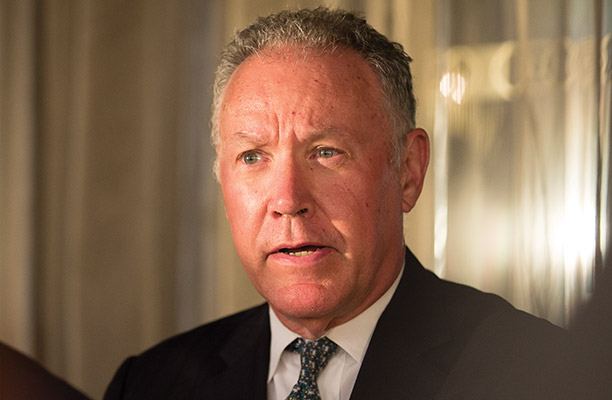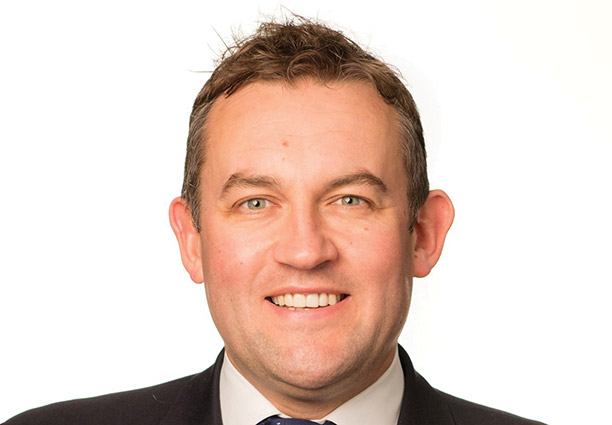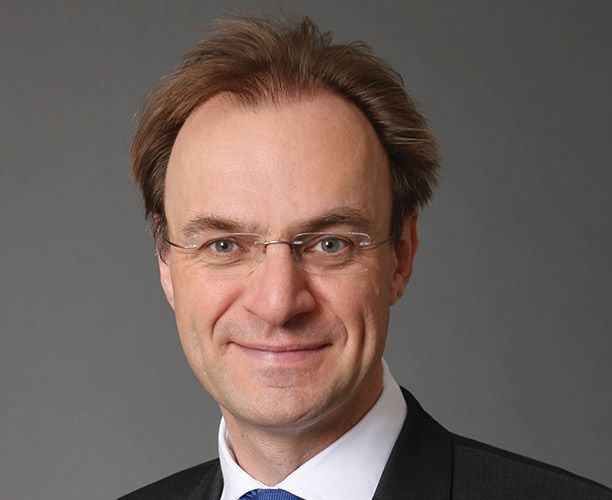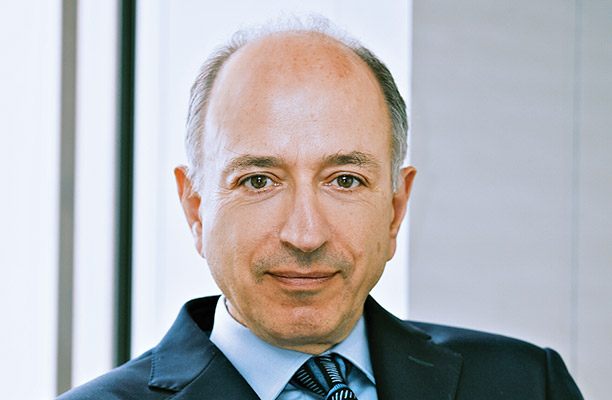London office headcount: 134 lawyers, 45 partners
Fee-earner headcount change since 2011: +17%
London head: Matthew Dening
Office speciality: Funds, private equity, finance, restructuring, capital markets
Representative work: Advised TowerBrook Capital Partners on its sale of Netherlands-based frozen food company Van Geloven to McCain Foods; acting for Wells Fargo on its £300m purchase of a new European headquarters in London.
‘Private equity has been an ambition of the firm for some time. While the team is based in London, it is a global initiative.’
Matthew Dening, Sidley Austin
One the biggest movers in the Global London report this year in terms of headcount, Sidley Austin started 2016 with a bang. A hiring spree saw the firm recruit 12 partners into its London team, compared to one in 2015, eliciting comments from City rivals that the firm had ‘pulled out the chequebook’ and ‘put its money where its mouth is’.
The firm has made good on ambitions to push hard to create a broad private equity (PE) and sponsor-led finance offering, and the list of targets on the firm’s roster – Kirkland & Ellis; Linklaters; Cravath, Swaine & Moore; Paul Hastings; Willkie Farr & Gallagher; and DLA Piper – are testament to a year of investment.
Lawyer headcount in the office has grown from 108 in 2015 to 134 last year, an increase of 24%, while partner numbers at the turn of the new year had risen from 35 to 45. The recruitment drive returns the firm to the level of coverage it enjoyed around 2008, after which the firm retrenched from the City in the aftermath of the global financial crisis.
City turnover reached record levels, up to £75.2m for 2016 from £64.2m in 2015. Globally, the firm remains steadily on the up, if at a slower pace than in recent years, with Sidley posting a small revenue boost to $1.93bn, up 3% following on from a year of 6% growth in 2015. Profit per equity partner has also seen a 3% bump, from $2.06m to $2.13m.
The year was punctuated by aggressive team hires from Kirkland. In February it was reported Sidley had landed a six-partner team from the Chicago firm, including the rare departure of two equity partners. The joiners included corporate partners Erik Dahl, Christian Iwasko, Sava Savov and Fatema Orjela; leveraged finance partner Bryan Robson; and tax partner Oliver Currall.
The team was later reunited with Willkie partner and former Kirkland debt financing partner James Crooks, and was further boosted by the addition of bankruptcy partner Jifree Cader, also from Kirkland, employment partner Susan Fanning from DLA, and a high-yield debt team comprising Alan Grinceri from Cravath and Noel Hughes from Paul Hastings.
And, over Christmas, the firm completed its 2016 spree with the hire of banking rising star Yen Sum from Linklaters, who is expected to develop its alternative lender clients.
Sidley’s London offering now offers a package of PE and other funds-focused lawyers. Says office managing partner Matthew Dening: ‘Private equity has been an ambition of the firm for some time. While the team is based in London, it is a global initiative.’
That London growth syncs with the firm’s European ambition. With the arrival of Dahl, the firm returned to the German market two years after making an exit from Frankfurt. Since his arrival, the firm has further added nine laterals in Munich, seven from Kirkland and one each from DLA and Linklaters, although many are still serving gardening leave at their previous firms.
Work has now turned to bedding in the London team and securing the kind of deals the partners were hired to complete.
Key work for the new team has been winning clients such as TowerBrook Capital Partners. Early mandates have included advising TowerBrook on its acquisition of Dutch education company Van Dijk Educatie for an undisclosed fee, led by buyout partners Iwasko, Savov and Orjela with finance from Robson. The firm has also won restructuring work, advising French vehicle leasing firm Fraikin, which holds €1.4bn of debt.
The firm’s new cohort of partners are unsurprisingly optimistic about the team they have built at their new firm. Says debt finance partner Crooks: ‘We know that from a market perspective, for firms to invest, the decision becomes tougher: do you dip your toe in the water and go out with a small offering, not supplemented with the full firepower of a high-yield bond team twinned with restructuring, levfin and core M&A? Unlike some, we are able to fully hit the range of deals and structures our target clients want to be able to use.’
The combined offering of the Kirkland hires, along with Sidley’s existing London unit, is not insubstantial. But with the addition of such a portable and high-value team, as demonstrated by the raid on Kirkland, Sidley’s management will now have to work to bed down the new arrivals and take full advantage of the momentum handed to them.
Matthew Field
Continue reading “Focus: Sidley Austin”















